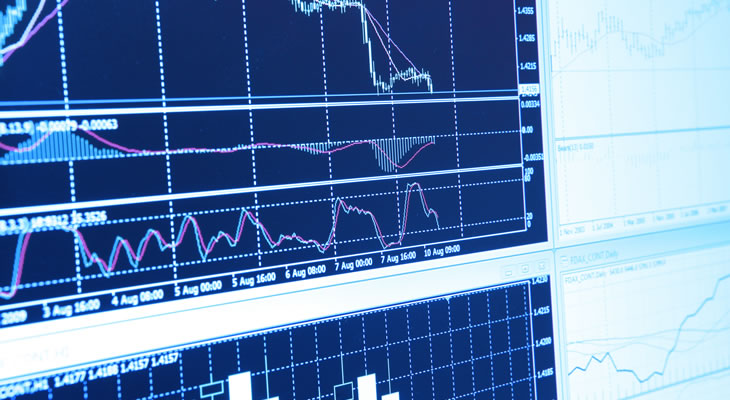Pound to Australian Dollar Exchange Rate Losses Limited as UK Recession Fears Lighten
Fears of that Britain could be headed for an autumn recession lightened this morning, and helped the Pound Sterling to Australian Dollar (GBP/AUD) exchange rate to avoid losses. However, the Australian Dollar (AUD) was overall appealing today as well.
Due largely to a rebound in trade-sentiment, GBP/AUD ended up weakening from the level of 1.8057 to 1.7943 throughout the week.
While GBP/AUD was able to rebound from last week’s half-month-low of 1.7807, the pair dipped again when markets opened today. At the time of writing though, GBP/AUD trended near the week’s opening levels.
Investors have been buying the trade-correlated Australian Dollar amid hopes for global economic stimulus, particularly from China and the US.
Pound (GBP) Exchange Rate’s Brexit-Related Losses Limited as Recession Fears Doused
The Pound (GBP) opened this week on an anxious note. It follows weekend speculation that UK Prime Minister Boris Johnson could still find a way to force a no-deal Brexit, even if Parliament passes a bill to prevent one.
No-deal Brexit fears have only persisted, despite those efforts to prevent one. This has also been due to reports suggesting that the EU may not even allow another Brexit extension.
However, the Pound started to climb more solidly later in the morning, following the publication of Britain’s latest Gross Domestic Product (GDP) growth rate report.
Growth came in at 0.3% month-on-month and 1.0% year-on-year, overall beating expectations. With the three-quarter figure avoiding the expected -0.1% contraction and coming in at 0.0%, the data doused fears that Britain could see a recession this quarter.
Still, analysts aren’t exactly optimistic about Britain’s economy either. According to Paul Dales, from Capital Economics:
‘The 0.3% m/m rise in services GDP followed four months of no change and was partly due to a 1.1% m/m rise in transport and storage output.
The latter is the first real sign that businesses could be bringing activity forward ahead of the possible 31st October Brexit deadline.’
Australian Dollar (AUD) Exchange Rates Benefit from Global Risk and Trade-Sentiment
The Australian Dollar (AUD) is a trade-correlated currency and is often viewed as a liquid proxy for Chinese economic sentiment, as well as overall market sentiment on trade and risk.
As markets have been a little more optimistic on the global outlook today, the Australian Dollar has benefitted.
The Australian Dollar was particularly appealing following weekend news that China is continuing to stimulate its economy, coupled with rising bets that the Federal Reserve will cut US interest rates in the coming months.
Strong Australian home loans data published this morning also supported AUD. According to Kaixin Owyong from NAB:
‘These data suggest that recent rate cuts and the relaxation of mortgage serviceability requirements are boosting activity in the established housing market in a tentative sign that home loans may be turning around after a long decline,’
Pound to Australian Dollar (GBP/AUD) Exchange Rate Awaits UK Political Developments
While the Pound to Australian Dollar (GBP/AUD) exchange rate is being buoyed by UK growth data this morning, wide volatility in the pair is still to be expected in the coming sessions with UK politics still dominating headlines.
Parliament is expected to support a bill to prevent a no-deal Brexit today, but no-deal Brexit fears will likely persist amid rumours that the government could find some kind of loophole to achieve it.
On top of Brexit fears, the Pound will be driven by other domestic political factors such as the potential timing of a likely snap election.
Still, after parliament is prorogued sometime this week, market focus may turn more towards data.
UK job market data due tomorrow, as well as Australian business and consumer confidence data due through Tuesday and Wednesday, could prove influential.
Any surprising developments in the US-China trade war could also inspire movement in the trade-correlated ‘Aussie’ and the Pound to Australian Dollar (GBP/AUD) exchange rate.


Comments are closed.